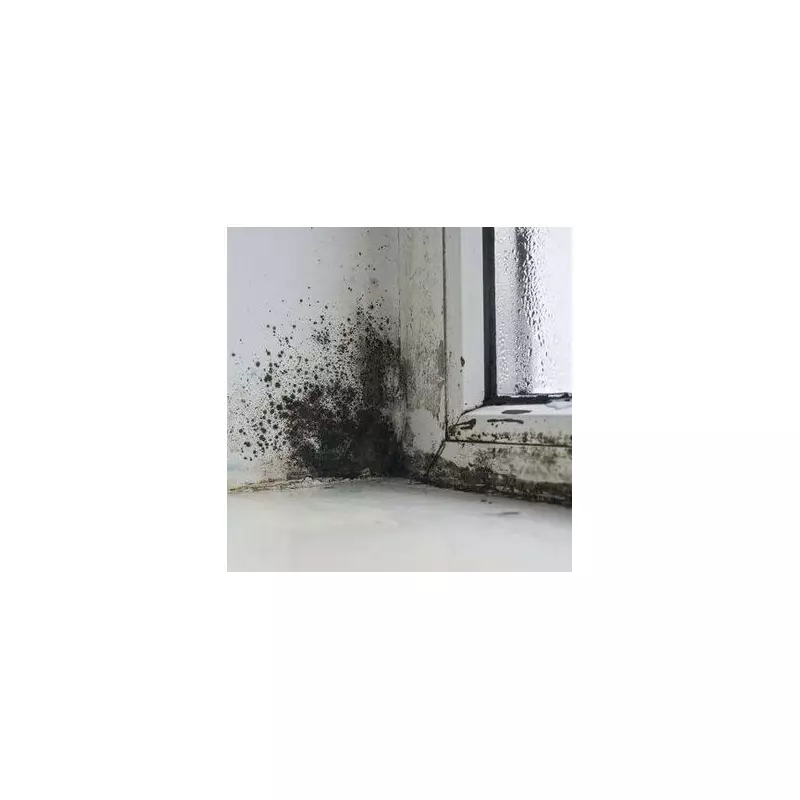
As temperatures plummet across Britain, millions of homeowners are facing the familiar battle against foggy windows and potential mould growth. But this winter, you can fight back with these scientifically-proven strategies that don't require expensive equipment or professional help.
Why Condensation Becomes a Winter Nightmare
When warm, moist indoor air meets cold window surfaces, condensation forms almost instantly. This isn't just an aesthetic issue – left untreated, it creates the perfect breeding ground for dangerous black mould, which can trigger respiratory problems and damage your property.
Five Foolproof Methods to Clear Windows
1. The Towel Trick That Costs Nothing
Keep a dedicated microfibre cloth or absorbent towel near problem windows. Wiping down moisture first thing each morning takes seconds but prevents water from seeping into frames and walls. For best results, wring out the towel thoroughly after each use.
2. Create Your Own Dehumidifier
Place small bowls of salt or silica gel on windowsills – these natural moisture absorbers work continuously to reduce humidity. For larger rooms, consider investing in an electric dehumidifier, which can extract litres of water from the air daily.
3. The Ventilation Revolution
Open windows for just 10-15 minutes daily, even during colder weather. This creates crucial air circulation without significantly dropping room temperature. Install trickle vents above windows if possible for constant, controlled ventilation.
4. Temperature Control Mastery
Maintain consistent heating rather than turning it on and off dramatically. Sudden temperature fluctuations actually increase condensation. Keeping your home at a steady 18-21°C helps maintain balanced humidity levels.
5. Household Habits That Make a Difference
Simple changes can dramatically reduce moisture production. Always use extractor fans when cooking or showering, dry clothes outdoors when possible, and move houseplants away from windows during winter months.
When to Seek Professional Help
If condensation persists despite these measures, you might have underlying issues like poor insulation or faulty seals. Persistent damp patches or widespread mould growth warrant consultation with a damp specialist to protect both your health and your property's value.
By implementing these straightforward strategies, you can enjoy clearer windows, healthier air quality, and potentially lower heating bills throughout the winter season.





